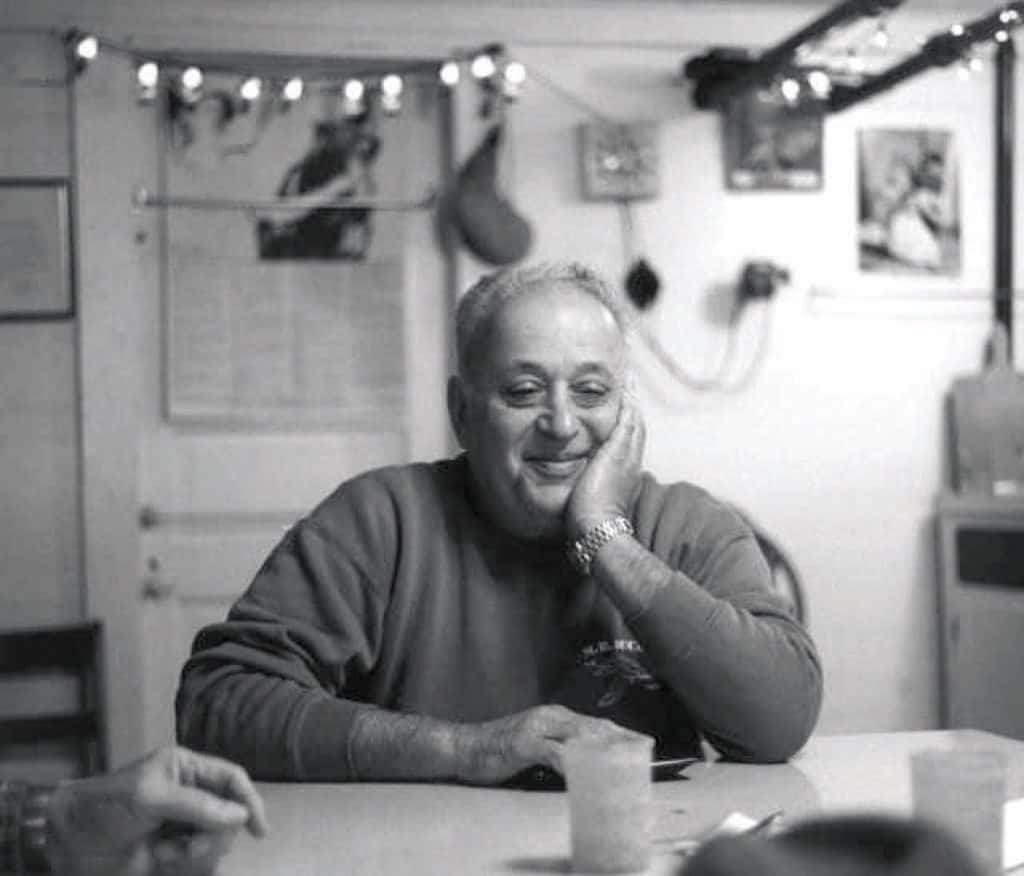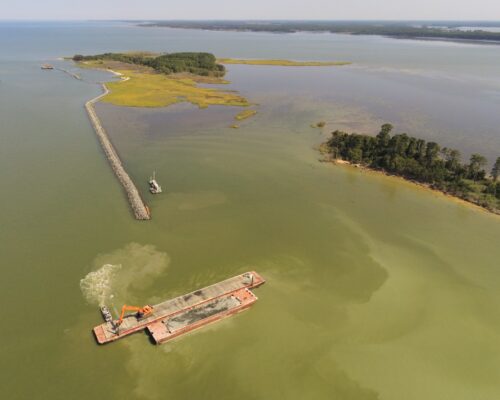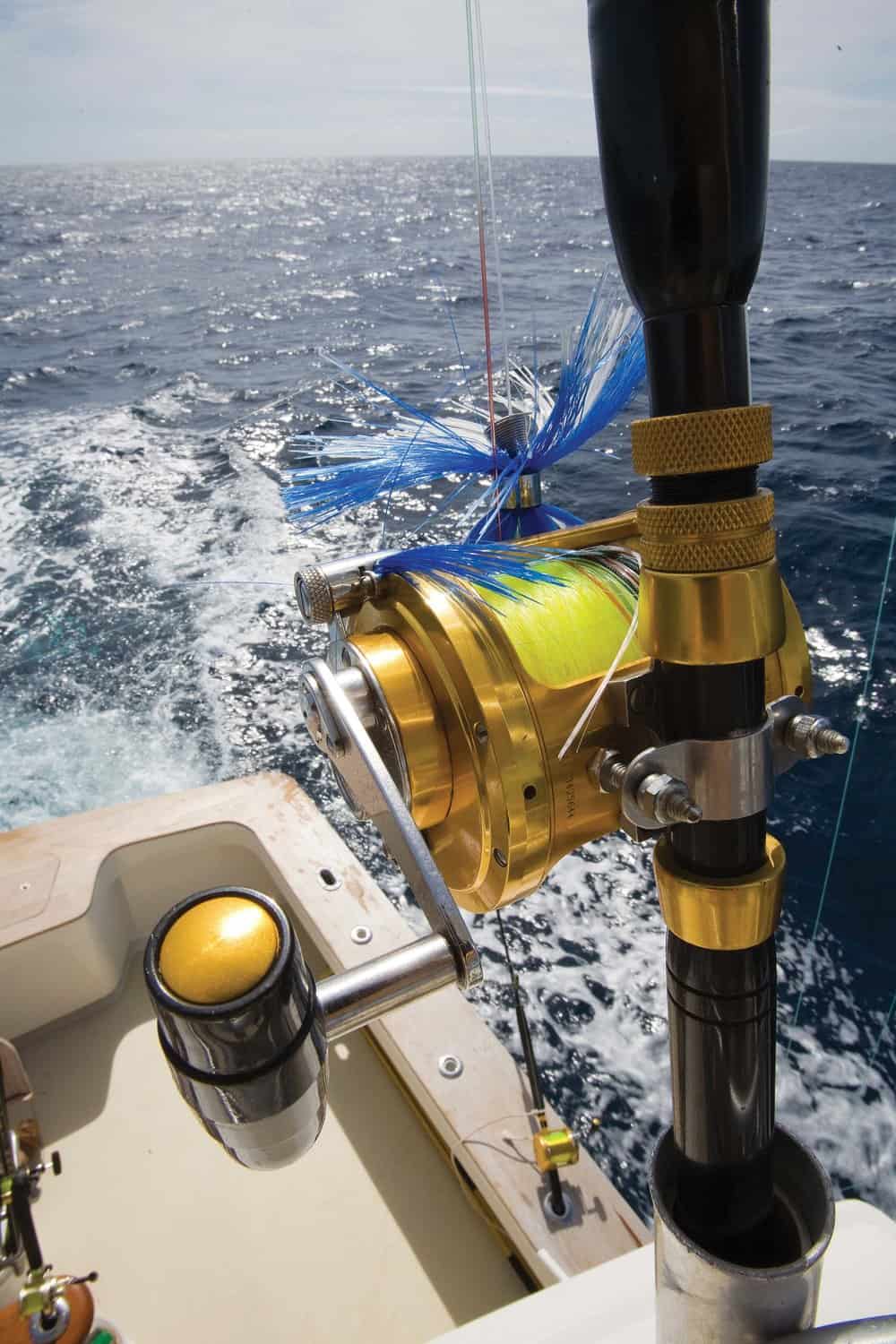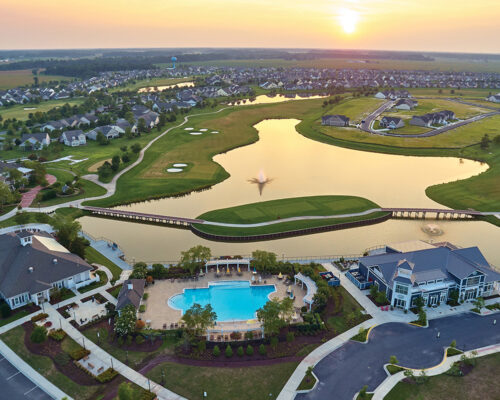Joining the Merchant Marine in the 1950s
My father Manuel—85-years-old and long removed from the Baltimore waterfront where he earned a living for nearly half-a-century—is frying eggplant the way his mother used to do (sliced thin, light coating of flour and a hint of black pepper) on Macon Street in what is now Greektown.
We are talking about the first time he went to sea—17-years-old in the summer of 1951, between his junior and senior years at Patterson Park High School where he met my mother and is still with her almost 70 years later. I’m scribbling and he’s cooking.
“I hated the food on my first ship,” he said. “My mother was such a great cook and everything that came out of the galley tasted the same. The steward said if I didn’t like it, there was salt and pepper on the table.”
On the kitchen table in front of me (everything important in my family, from homework to “straighten up and fly right” lectures, took place at the kitchen table) is a thick and battered ledger bound in red, the first 30 pages reserved for entering telephone numbers!
Printed by the National Blank Book Company of Holyoke, Massachusetts for the 1980 calendar year, the log had been my Rolodex when I landed on The Sun City Desk, soon abandoned as too cumbersome. With most of its pages still blank, I repurposed it in 2001 for stories from every relative and family friend who had worked on ships, the foundation for a multi-generational memoir I intended to write at sea.
When I interviewed my father for the project in May of 2001, I was five months gone from the paper after two decades of chasing crime, bluesmen, nutbags, do-gooders, rabbis, and old Polish housewives who still hosed down the street gutters of pre-gentrified Canton.
Ultimately, the deep-sea proposal was deep-sixed by about a dozen publishers (they wanted to know how it turned out before I’d left the pier) and I wound up as an ordinary seaman on the cable ship Global Link out of Port Covington, working to make ends meet after what many thought an ill-considered leap of faith.
Now that Dad is up in age, I dusted off the red book and sat down with him to revisit what he’d told me long ago. Two characters stand out in my notes: the man who sparked the mysteries of the sea in my Pop’s adolescent imagination and one who put the fix in to get him aboard his first ship.
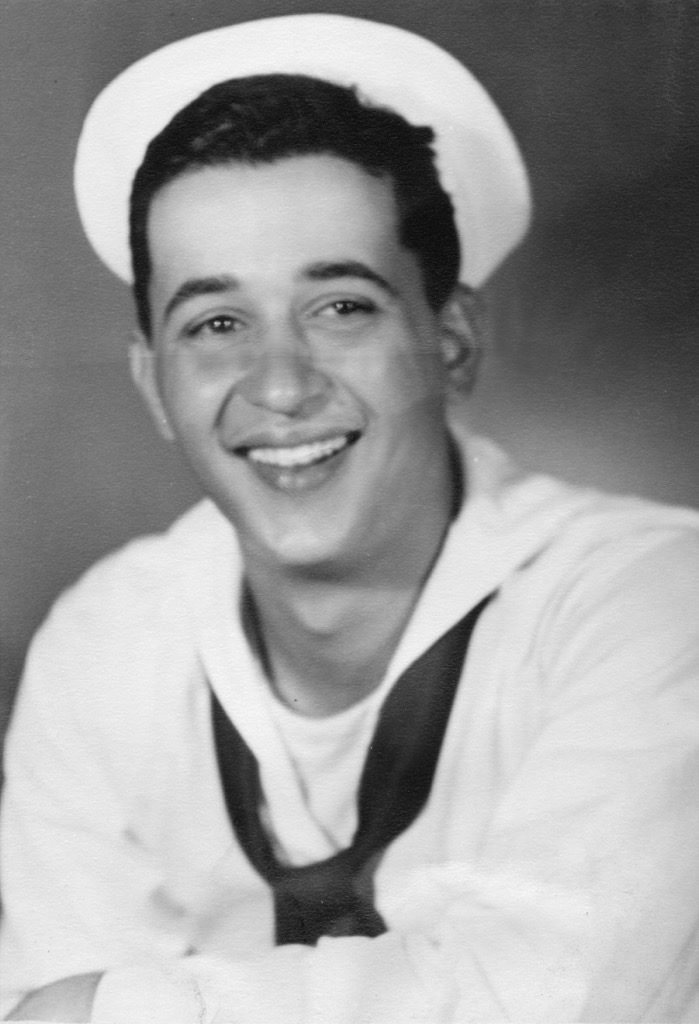
The first was Henrich “Harry” Jung, a one-legged German grocer who (like Ahab but not like Ahab) lost his limb in the lines of a sailing ship, or so he told my father in the late 1940s when Dad worked for him as a 50-cents an hour stock boy.
The other was Manuel Sanchez, my grandfather’s good friend from the 800 block of Rapolla Street, a seaman from the Canary Islands who became a shipping master for Bethlehem Steel’s ore boats. A big, Anthony Quinn sort of man, Sanchez was a well-known fixer around Fells Point, Highlandtown, and Sparrows Point and once got my uncle out of a teenage scrape involving a switchblade. Adjudication somehow involved taking the arresting officer out to lunch and talking things over.
Sanchez—whose house was firebombed on Halloween night 1946 by union thugs—was known to “recruit” non-union labor (usually waterfront habitués somewhat inebriated when the deal was made) to work on ships when anyone who could heave a line was considered qualified. For a horse-trader like Sanchez, getting my 17-year-old father on a Beth Steel ore ship was a piece of cake.
“He really bullshitted me,” laughed Dad, turning the eggplant in the skillet and laying the golden-brown ones on a plate, covering each layer with a paper towel. “He said I was going to see the world and make good money while my friends were going on hayrides.”
At the time, my father was making pocket money shining shoes (“Drunks would stumble out of the bars on Eastern Avenue and give you a quarter,” he said), delivering newspapers (the death of FDR was a lucrative ‘extra-extra, read all about it’ edition), and hearing sea stories worthy of Conrad as he swept the floors in Mr. Jung’s grocery in the 500 block of Macon Street.
“It’s a shame when you’re young and you come into contact with real characters like Mr. Jung,” said Dad, whose duties included taking a bus to have the old sailor’s prosthesis serviced. “You’re so busy being a kid you don’t really pay attention to what you’re hearing.”
Sanchez wasn’t lying when he told Dad that he would see the world: He sailed the Atlantic and the Pacific on the same day during trips through the Panama Canal. But his ports of call weren’t the great romantic harbors of Marseille or Shanghai. Not even Gotham City.
Over the summer of ’51 (when Nat King Cole’s “Too Young”—my parents’ song—topped the charts), Dad made a pair of 30-day, 8,700-mile Baltimore-to-Chile round trips on the S.S. Chilore, a 25,000-ton freighter launched from Sparrows Point in 1946. It replaced a much smaller Bethlehem freighter of the same name, hit by German U-Boat torpedoes on July 15, 1942 near Cape Hatteras, where she was beached.
Dad first sailed on deck as an ordinary seaman, learning the ropes before going down below as a wiper in the engine room, the hot and noisy universe that became his livelihood.
“I was a young kid on board with all these alcoholic old-timers on one the lousiest ships you could get,” he said. “But everyone knew I was Sanchez’s boy and nobody bothered me.”
Of Cruz Grande, Chile, and life aboard the ship that took him there, my father remembers many things, the most dramatic being the ore-rich mountains rising portside.
“Big, mechanized bins came down the mountainside loaded with ore and they emptied into chutes that loaded the ship,” he said.
On board, some of the sea dogs perfected the making of wooden bird cages—whittling, sanding, and shellacking them for South American songbirds they brought home for friends and loved ones.
Dad bought a couple of canaries (“They were yellow and they sang,” he said) from a vendor on the pier, where he also had his first taste of goat cheese (he loved it) from other dockside hucksters.
“We never went beyond the pier,” he said. “I never went into town.”
Some of the crew were surely getting away from the pier as the town of La Higuera—population today about 1,200—was only 15 miles away.
Dad gave one of the birds to his sister Dolores, now living in Chicago at age 90, and one to his future mother-in-law, Anna Potter Jones (1911 to 1996) one of those Polish women from old Canton who washed down the sidewalk in the 2700 block of Dillon Street.
In addition to his first taste of tart and creamy queso de cabra, it was also Dad’s introduction to “stone cold alcoholics,” men who exploited his naivete when their rotgut ran out and the DTs beckoned.
“All they did was drink, work, and build bird cages,” said Dad, who’d been drinking homemade vino with meals since childhood and, like many Baltimoreans, lived in a neighborhood with a bar on every corner. But he didn’t know that hardcore drunks would risk death to swig shaving lotion to keep from going into withdrawal.
“They’d send me up to see the captain to buy shaving lotion out of the slop chest,” said Dad, referring to staples the master sold for personal profit: cigarettes, aspirin, soap, razors and aftershave, some of which contained up to 75 percent of some form of alcohol.
After the second or third visit to get more, (my father didn’t do a whole lot of shaving as a teenager and the old-timers weren’t exactly getting dolled up to go to La Higuera or, even further away, the city of La Serena,) the captain refused to unlock the slop chest and the kid from Macon Street got wised up.
“Those rummies are drinking this stuff,” the captain told Dad, who then had to go back and tell men three times his age that the tap at the barbershop had run dry.
At the end of the summer, after his two runs from Sparrows Point to the bottom of the world and back, my father was so enthused by the life of a seafarer that he told his father, who had left Spain for ships with little more than the basics of reading, writing and arithmetic, that he was quitting school to sail full-time.
My grandfather, for whom I am named as my son is named for my father, forbid it, arguing that, unlike the Spain of his youth, a good education was free in the United States and a diploma was the ticket to peace in the house and success in the world.
Upon Dad’s graduation from Patterson Park the following year—with America well into the Korean War—the draft board came calling and he was able to make it into the Coast Guard. Building on what he had learned in the engine room of the Chilore, the now 18-year-old Manuel took engineman courses at a Coast Guard school in Groton, Connecticut and the direction of his career was set.
In 1958, the year I was born and the year the Chilore on which he’d sailed was mothballed, Dad earned his chief engineer’s license and enjoyed a long and prosperous career with the now-defunct Baker-Whiteley towing company, established in Pennsylvania in 1876 to haul coal.
In 1970, my family—including the man who would not hear of his son dropping out of school and the short, round Italian lady who fried the best eggplant in all of Baltimore—visited the village in Galicia, Spain from which my grandfather left to begin his life as a marinero on tramp steamers between the World Wars.
That was the year the Chilore was broken up and scrapped.

